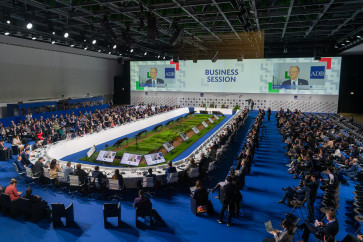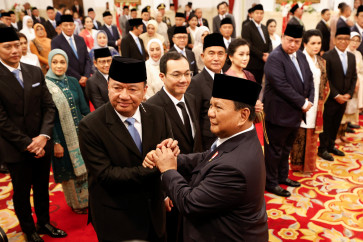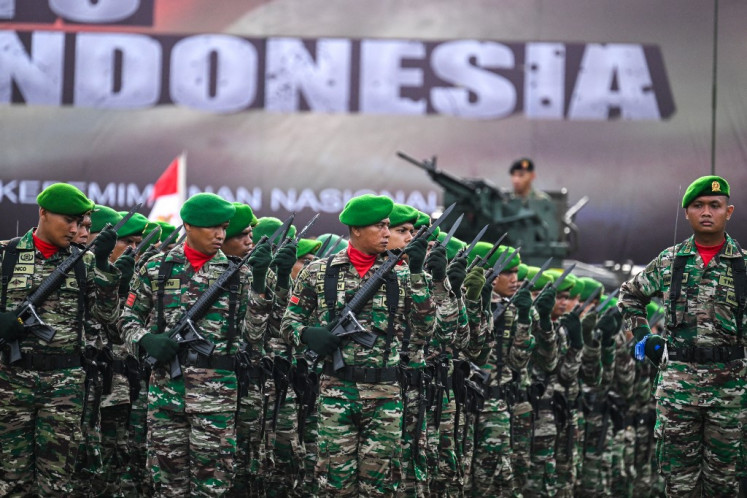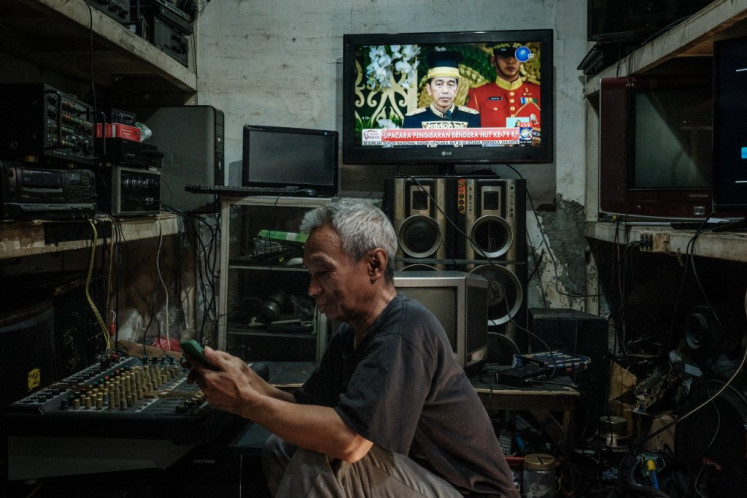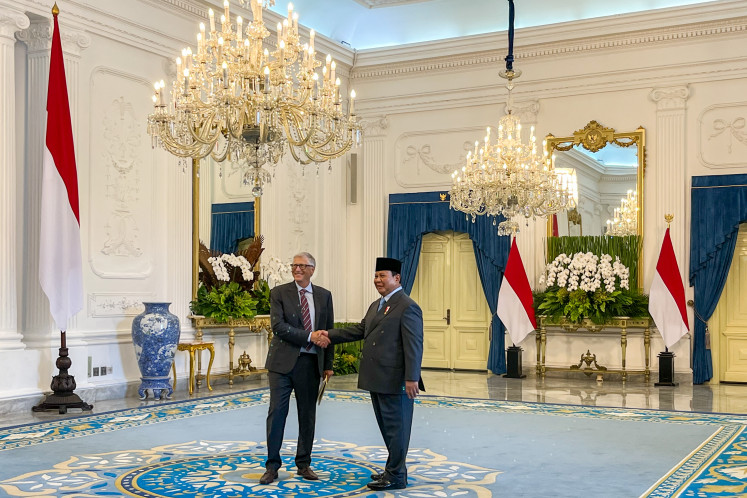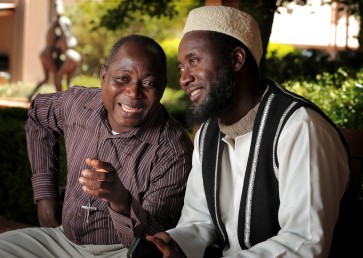‘We have fallen prey to manipulative religious leaders’
Change text size
Gift Premium Articles
to Anyone
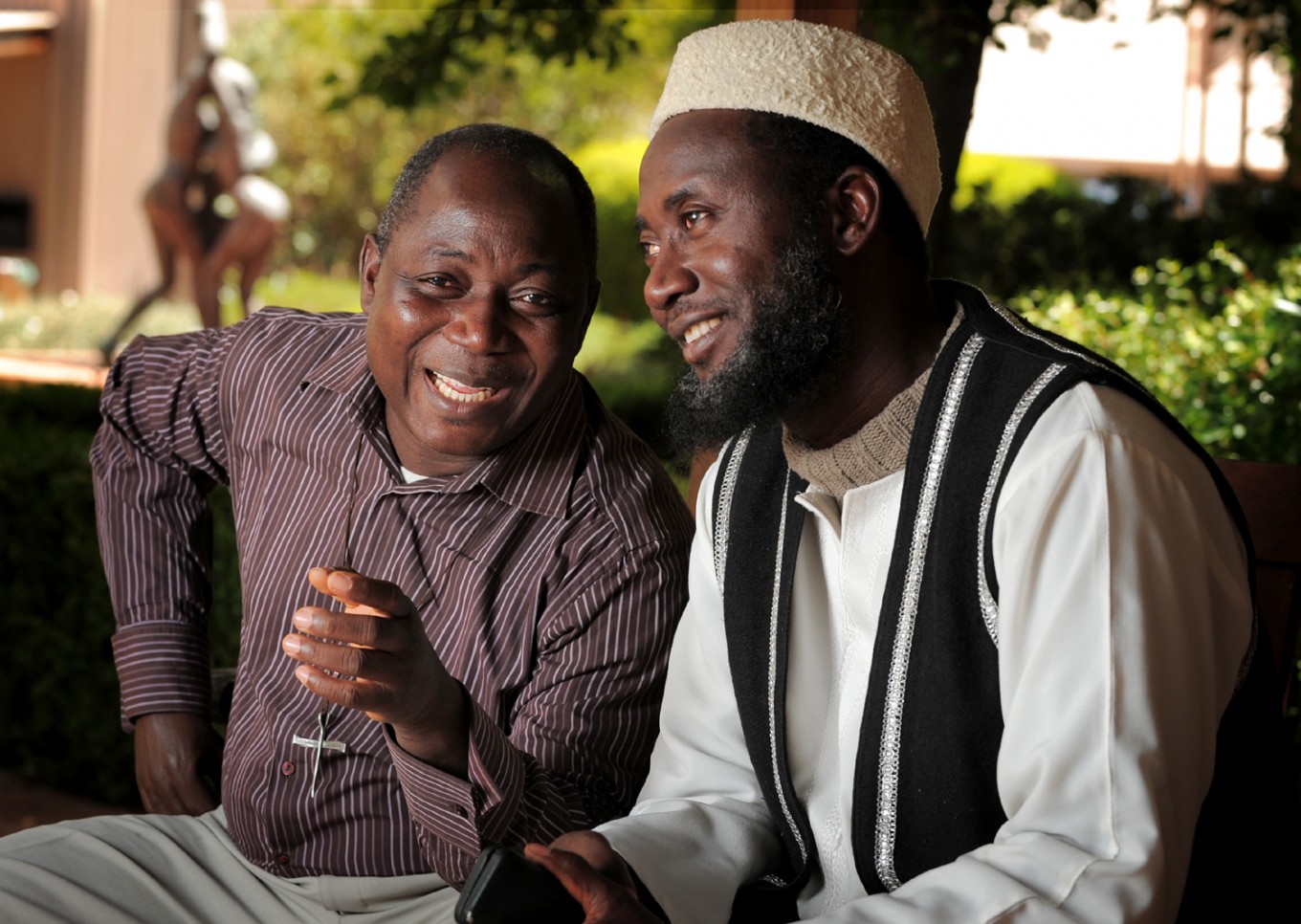 Muslim imam Muhammad Ashafa and Christian pastor James Wuye from Nigeria. (via tanenbaum.org/Andrew Sheargold)
Muslim imam Muhammad Ashafa and Christian pastor James Wuye from Nigeria. (via tanenbaum.org/Andrew Sheargold)
I
n 1992, Muslim imam Muhammad Ashafa and Christian pastor James Wuye led opposing militant groups that fought in the name of their respective religions when interreligious conflict broke out in Kaduna, Nigeria.
The two were drawn into fighting and both paid a heavy price for their actions; Wuye lost his hand while Ashafa’s spiritual teacher and his two brothers were killed. For years, they each desired to seek revenge against one another.
After a chance meeting in 1995, which was followed by their own separate spiritual transformations that led them to renounce violence, the two clerics built mutual respect and decided to work together to bridge the divide between the two communities.
This year, the two traveled to Indonesia as part of their quest to tell the world that the key to realizing interfaith peace, especially in a diverse country, was to build acceptance and respect toward the beliefs of others.
“Islam [teaches] pluralism that recognizes the individuality and uniqueness of individuals […] and altruism that respects the truth of others. I have my truth, you have your truth […] together we respect each other’s truth.” Ashafa told a public lecture in Jakarta, recently.
Read also: Schools fertile ground for intolerance
Respect is built through engagements between religious communities. In Islam, such practices dated back to the seventh century when Prophet Muhammad engaged in dialogues with Christians, Ashafa said.


